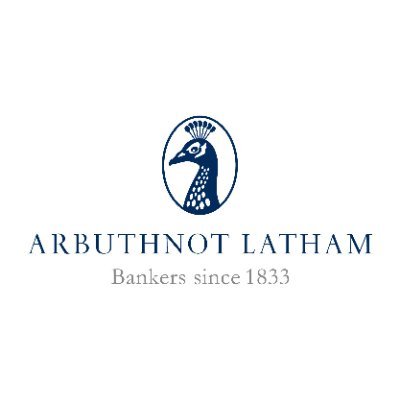Arbuthnot Banking Group (LON:ARBB) is the topic of conversation when Hardman and Co’s Financial Analyst Mark Thomas caught up with DirectorsTalk for an exclusive interview.
Q1: What did Arbuthnot Banking Group (ABG) tell us in their October statement?
A1: The key message from the Q3 2019 trading statement was of continued strong franchise growth; loans +33% to £1.6 billion, deposits +17% to £2 billion.
The Private Bank has been adding circa 40 clients per month, although it takes time to generate revenue growth from them. Arbuthnot Direct has raised £85 million of deposits since August, and other new business areas have shown strong grown; Renaissance Asset Finance loans £101 million, +22%, Asset Based Lending £106 million.
There have been a limited number of credit situations with impairments rising, as may be expected at this stage of the cycle.
Investment has been accelerated relative to our prior estimates and the wealth management division is being restructured.
Q2 It sounds like the investments in new business is starting to pay off. Can you tell us a bit more about that?
A2: Since the mortgage book acquisition, Arbuthnot Direct has raised £85 million in funding. The company stated, when it was building out this online deposit platform, that its intent would be to use it for flexible deposit gathering as and when the need arose. It also allows deposits with different durations, and so helps manage interest rate and liquidity risk. At the quarter-end, the group’s surplus liquidity was in excess of £300 million of the amount required to be held in reserve, with deposits exceeding £2 billion.
Renaissance Asset Finance (RAF) ended the quarter with a lending balance of £101 million, an increase of 22% compared with the same time in the prior year, with the business recording above-average volumes in July and August. Management comments that the market has also seen a number of competitors withdraw from the market, which it expects to be beneficial in the long term.
The Arbuthnot Asset Based Lending (ABL) business has continued to source new lending opportunities and has increased its customer facilities to £106 million, a rise of 278% on the prior year.
Q3 What about credit quality?
A3: Private banking is very situation-specific, and therefore lumpy. Management comments that they “continue to work through a small number of longstanding impaired loans. However, the resultant IFRS 9 provisions that arise when the outlook for economic scenarios used in the stress testing worsen, have seen a small increase. In addition, there are now provisions associated with the grossing up of interest, which were not previously required.”
Our forecast impairment for the full year is £1.5 million, with £0.7 million in H2. In RAF, “the business has experienced a small number of credit impairment events which will temper the otherwise overall good performance of the business.” Our forecast H2 impairments are £467,000, against £202,000 seen in H1. In ABL, “The business also experienced its first potential credit event as one of its customers suffered a downturn in its trading performance. However, Arbuthnot’s team managed to facilitate a rescue of the business via a trade sale.” Our forecast H2 impairments are £139,000, against £66,000 seen in H1.
Q4 You reduced your 2020 estimates for what you describe as timing issues, business restructuring and further investment. Can you tell us a bit more about that?
A4: Management reports that, while it has been active on new lending propositions, the uncertain macroeconomic outlook has led to a delay in the drawdown of these loans. As a result, the underlying loan balances, excluding the mortgage portfolio purchase, are behind where management had anticipated. We have seen this reported by other lending companies too. Also, ABG has a number of hedges against £26 million of fixed-rate loans which this year have generated a mark-to-market loss of circa £500,000. The offsetting gain is in future interest income, and over the term of the derivative, the overall economic effect will result in a net zero impact to the profit and loss of the group, but there could be a “hit” of £500,000 to 2019 NII and profit.
In 2017/2018, the wealth management division produced disappointing results, and so new management was introduced and, with it, a new pricing model. In July, the business ceased charging clients for ongoing annual advice reviews and moved to an event-based model, with clients being charged wealth planning fees when they need specific advice. On transition, there is a period where fewer fees are generated, and consequently the wealth planning division is expected to be loss-making this year and we cut revenue forecasts for next year as the new model beds in.
Finally, ABG has always used part of its profit growth from its loan and franchise expansion to re-invest in its core proposition. With the update, we note it is implementing i) a new Salesforce CRM System, which will “transform the way in which the bank interacts with clients”, ii) a new website for Arbuthnot Latham, which will enable the business to establish a digital marketing channel for the first time, and iii) developing connections to the wider payment systems,. Investment was expected, but we have increased 2020 costs by £1 million to reflect the initiatives in the announcement which suggests the pace of investment is somewhat ahead of our previous estimates.








































